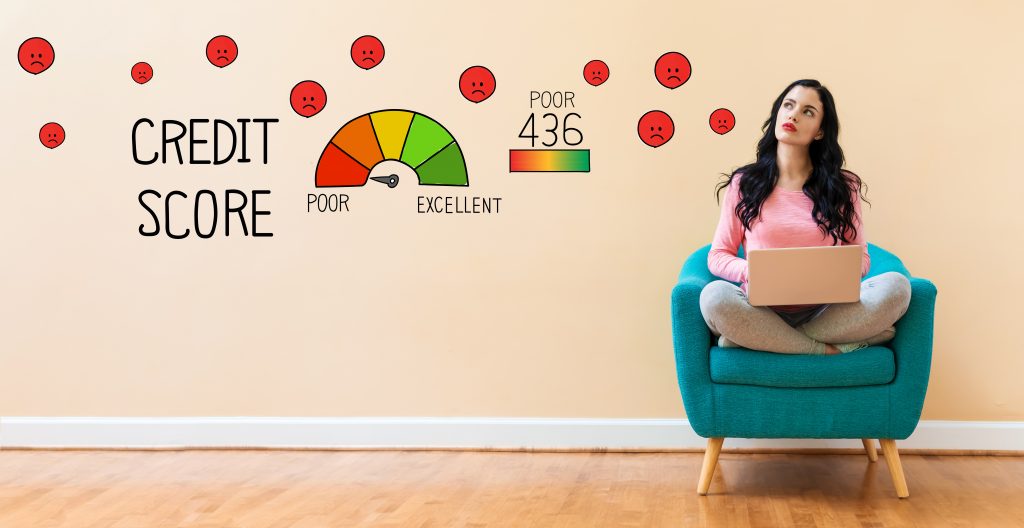
You can see your FICO score just about anywhere. You know it affects your ability to get loans and influences the interest rate on that loan. But how the heck do they create it? The exact algorithm is still a mystery, and likely to remain so, but here are some factors that are used to calculate your FICO. Fico scores range from 500 (bad) to 800 (excellent) and where you fall is relevant to your financial health.
Payment History (35% of the calculation):
If you pay your bills on time all the time you will have a great number for this portion of the overall FICO score. A ‘few’ late payments are not going to kill your FICO score but they definitely will not help. This is the biggest factor in the calculation of your FICO score so start here to protect or improve your score.
Amount Owed (30% of the calculation):
This factor is used by those who create the FICO score to determine if you are overextended on debt. Additionally, this factor also assesses what portion of your available credit is in use.
There are five (5) factors considered:
- Amount owed on all accounts.
- Amount owed on specific types such as credit cards or loans with regular payments.
- How many accounts have balances.
- Are you close to maxing out revolving accounts such as credit cards.
- How much is still owed on installment loans.
Please note that even if you pay off the balance monthly the FICO calculation uses the last reported balance. Yet sometimes the “credit utilization ratio” can be better than not using your available credit.
Length of Credit History (15% of calculation):
Fico takes into account the age of the oldest and newest accounts, plus the average. So, if you are trying to build your score use your card but keep the balance low and pay on time. Another way to build your score is to obtain a secured credit card and pay off the balance every month.
A secured card is one with which you make a deposit of the available credit balance and then use the card as a regular credit card while the bank holds that deposit. Almost all major lenders have a secured credit card available.
Credit Mix (10% of calculation):
The mix you have is considered you being able to manage different types of loans and that makes you a good credit risk. It is not a major factor but does add or detract from a FICO score.
New Credit (10% 0f the calculation):
Too much new credit is NOT a good thing. FICO seems to believe that opening several new accounts in a short period of time indicates a credit risk. People with shorter credit histories tend to be more penalized by the opening of new credit than those with longer credit histories. Remember it is the law of averages that govern.
Why is all of this important? A score of 750 or above is considered very good. You will get credit easier and at a lower interest rate.
Follow the following steps to increase your FICO score:
- Sign up for a secured credit card if you cannot get a traditional credit card.
- Pay off your credit card balance each month.
- Don’t charge a lot. Remember even when paid off by the due date the last balance is used in the calculation.
- Don’t max out your available credit.
You can receive your free credit reports at annualcreditreport.com. During the pandemic, you can get your credit report weekly. Staying on top of your FICO score is important to your financial future so don’t ignore it.
Need Financial Relief? Contact Moseman Law Office Today!
If you’re in need of some financial help, contact us today for options and solutions. Moseman Law Office is located in Mentor, Ohio and serves all surrounding areas. Contact us today for an appointment!
